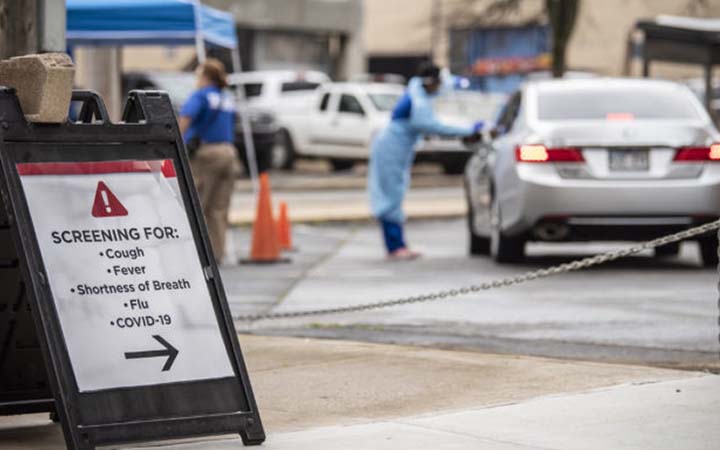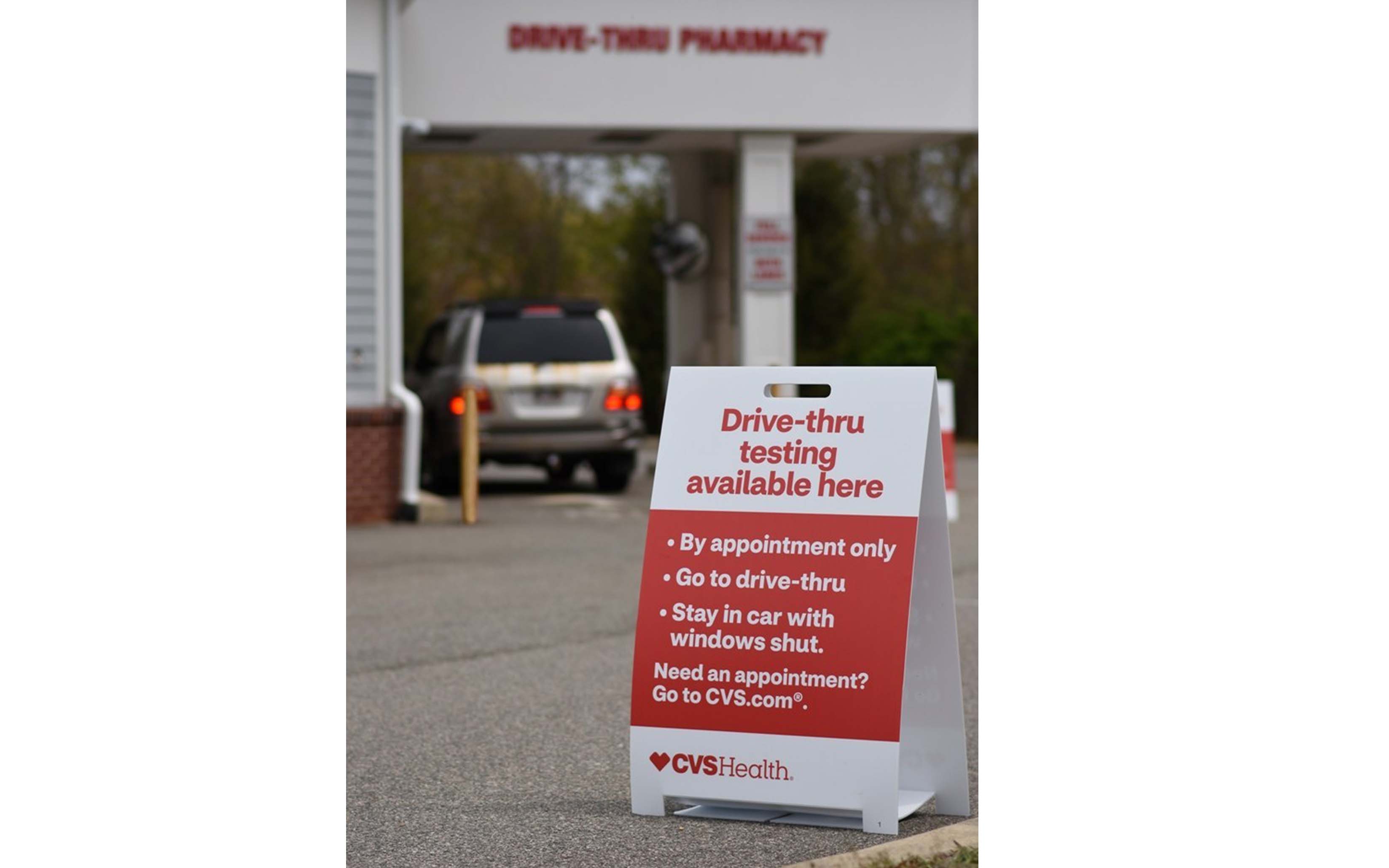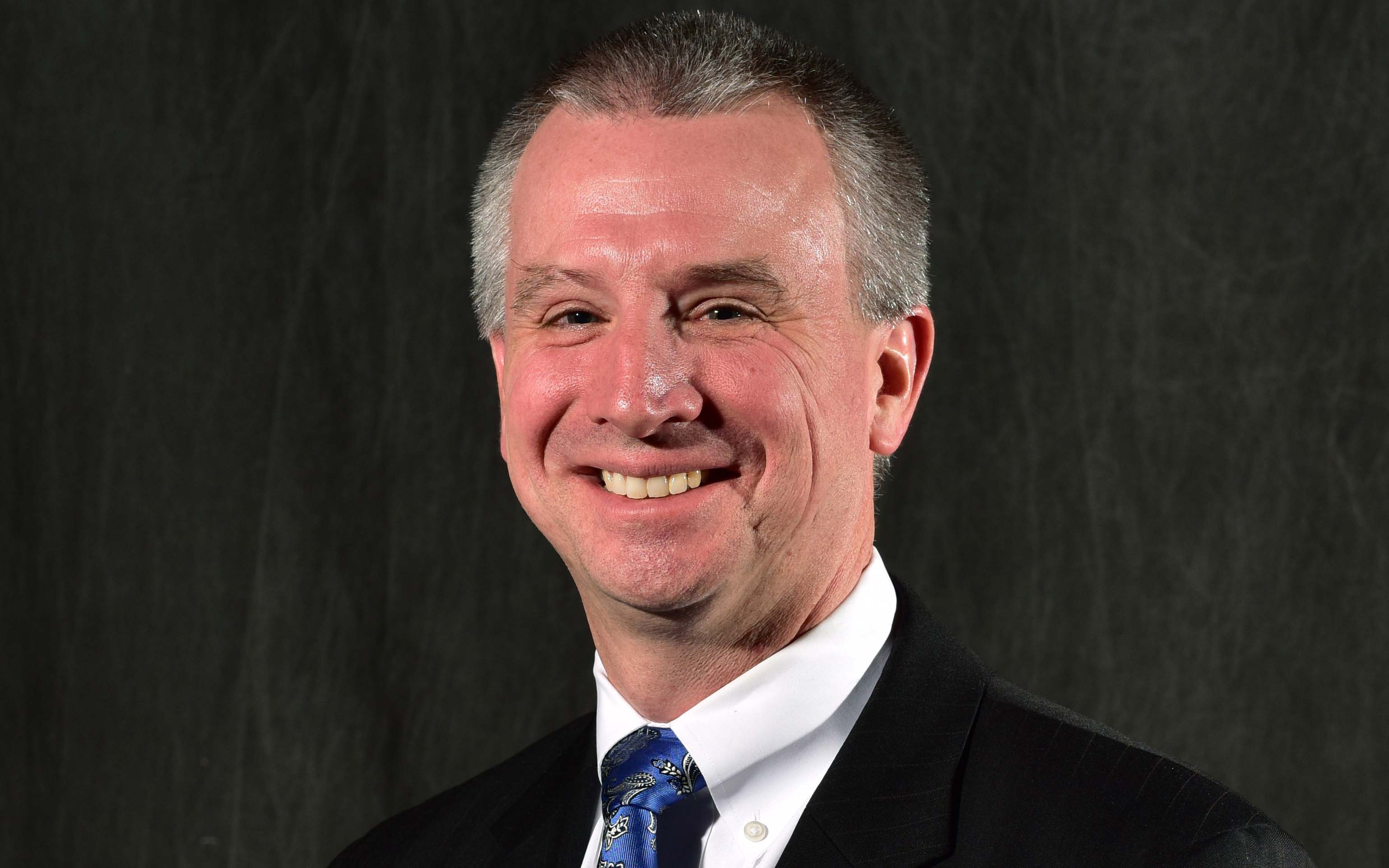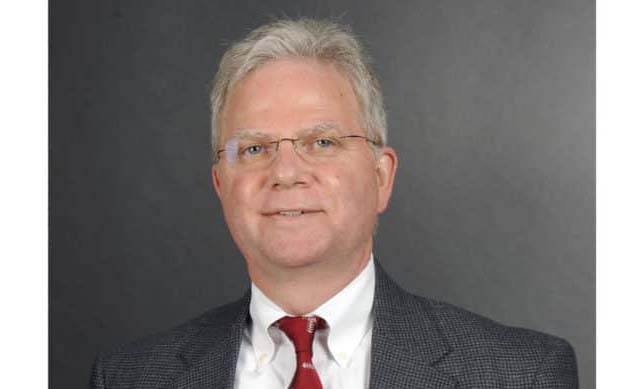After facing COVID-19 head-on, Central Arkansas hospitals, healthcare providers look ahead
June 15-21, 2020
By Daily Record Staff
As many hospitals and other healthcare providers continue to deal directly with the impact of COVID-19, those same entities are now facing the pressure of getting their operations back up to speed and reopening again to the public.
Following the state Health Department’s initial announcement of the state’s first positive coronavirus case on March 11, most healthcare providers immediately began limiting interactions with the public in face of social distancing and state-at-home orders from state health officials and the U.S. Centers for Disease & Control (CDC).
On March 20, when there were still less than 100 confirmed across the state, ADH also issued an order mandating that all hospitals, clinics and mental health facilities to begin conducting mandatory temperature and COVID-19 symptom screening of staff and visitors to help prevent the spread of the highly contagious virus known as SARS-CoV-2.
A day earlier, the University of Arkansas for Medical Sciences (UAMS) first announced it had begun implementing new guidelines where no visitors would be allowed at the hospital system’s medical center or outpatient clinic in Little Rock due to a spike in COVID-19 patients. That new policy only allowed hospital visitors for patients only in exceptional cases such as end of life and mothers in labor.
“UAMS is taking these steps during the ongoing COVID-19 pandemic to protect its patients, who are among the most vulnerable in the state, and to reduce the ever-increasing workload for UAMS staff,” the state’s lone health sciences university said in a March 19 statement. “Please know that we worked very hard to maintain visiting hours as long as possible, but more COVID-19 cases in our community and an ever-increasing workload for our staff forced us to implement this change. We apologize for the inconvenience this may cause for your family, but we must take this step for the protection of our patients and staff.”
In early April, as coronavirus case began to jump in Central Arkansas, UAMS updated its visitation policy by restricting any guest for patients confirmed or suspected of having COVID-19. Those restrictions allowed a hospital nurse or doctor to conduct health screenings of each visitor twice a day and note in the patient’s record. If a visitor did not pass the health screening, there were asked to leave the facility.
Altogether, UAMS has 2,727 students, 870 medical residents and five dental residents, officials said. It is the state’s largest public employer with more than 10,500 employees, including 1,200 physicians who provide care to patients at UAMS, its regional campuses, Arkansas Children’s Hospital, the VA Medical Center and Baptist Health.
On the front lines
Dr. Stephen Mette, senior vice chancellor for UAMS Health, told the Daily Record that UAMS is now nearly back up to full capacity but will keep its current visitation policy in place for the foreseeable future to protect patient, employee, and visitor health. Mette added that UAMS has built in about 15% of “inherent inefficiencies” because of health and safety precautions related to COVID-19.
The chief executive at UAMS Medical Center said the goal of hospital system is to be a “safest place” for all its patients, visitors, and employees, acknowledging that he has seen some practices in public where some Arkansans are not wearing masks or practicing social distancing. He also notes that some UAMS hospital practices will likely end indefinitely.
“I think some things that we do will never go back to the way they were. For instance, all of our outpatient and OR waiting rooms, we have made it so that no chairs are less than six feet apart. It is hard to imagine that we will ever revert back because even if COVID-19 is no longer prevalent, there are kinds of other viruses out there include influenza that really should be treated the same way,” said Mette, who is also chief executive of UAMS Medical Center. “I want UAMS and all of its physical locations to be the safest place for anybody to be. This is the pledge that all healthcare organizations should have to the public.”
In west Little Rock, Baptist Health was one of the earliest adopters of COVID-19 visitor restrictions when it announced on March 17 that its medical centers would allow only one visitor per day for patients not on special isolation precautions, with the exception of labor and delivery and postpartum.
That policy was later updated on May 13 after hospital operator suspended all routine, in-person visits to hospitalized patients. The state’s largest nonprofit healthcare provider, Baptist Health’s operations provide over 200 points of access that include 11 hospitals, urgent care centers, a senior living community and over 100 primary and specialty care clinics in Arkansas and eastern Oklahoma.
In a June 9 video message to patients and the company’s 11,000 employees, Baptist Medical President and CEO Troy Wells acknowledged that COVID-19 had changed the operations of the Little Rock healthcare provider over the past few months. However, the nonprofit hospital operator had begun to ease back some of the earlier restrictions following the initial rush of COVID-19 cases at its facilities, he said.
“As we emerged from the initial phase of COVID-19 and move into a maintenance phase of the pandemic, there is a shift from population-level restrictions like travel bans and stay-at-home orders to individual responsibility for safe and healthy behaviors,” said Wells. “As our society opens back up at the public level, it is all the more important that we all do our part to protect ourselves and (patients) from COVID-19.”
Meanwhile, visitation policies at Chi St. Vincent also were updated on May 21, allowing one visitor per patient. Headquartered in Little Rock as part of the Catholic Health Initiatives healthcare system based CHI St. Vincent system facilities first paused visitations in March as part of the Englewood, Colo.-based health giant’s initial response to the COVID-19 pandemic to protect patients, visitors, and healthcare staff.
With the resumption of elective procedures and additional precautions, a single visitor is now permitted at CHI St. Vincent hospitals in Little Rock, Hot Springs, Sherwood, and Morrilton, as well as the hospital system’s network of primary care, specialty clinics, urgent care, home health, rehabilitation, and surgery centers across the state. The updated policy applies to non-COVID-19 patients only, officials said.
“We understand that this is a difficult time for our patients and now that we have the necessary precautions in place, their loved ones can once again join them at the hospital to provide the support they need and deserve,” said CHI St. Vincent Chief Medical Officer Dr. Douglas Ross. “We’re thankful for the support our healing ministry has received from our Arkansas community as we’ve taken steps over the past few months to ensure that our healthcare staff can continue to deliver compassionate care in the safest way possible for all concerned.”
Today, visitors to CHI St. Vincent hospitals will still be required to undergo a temperature screening upon entrance and adhere to existing safety precautions, including universal masking policies and staying inside the patient’s room the entire duration of their visit, CHI officials said. No visitor with fever, cough, sore throat, or other flu-like symptoms will be permitted inside the hospital.
In additional to treating COVID-19 patients and rebooting operations, UAMS and Baptist Medical have also rolled out robust testing sites across the state to evaluate patients concerned about possible exposure as coronavirus levels have spiked in recent weeks as Arkansas reopens for business.
For example, Baptist Medical has various COVID-19 testing sites in the parking lots of its facilities in Little Rock, Heber Springs, Arkadelphia, Malvern, and Stuttgart. For its part, UAMs operates dozens of drive-through evaluation clinics and COVID-19 screen sites statewide that are free to anyone experiencing flu-like symptoms, including cough, fever, and shortness of breath.
Both statewide healthcare system have ramped up their COVID-19 testing capacity at the urging of Gov. Asa Hutchinson, who authorized the release of $30 million in state funds in late March for PPE purchases for health care professionals and first responders to test and treat patients with COVID-19.
“The testers, first responders, nurses, and doctors are our first line of defense in the fight against this aggressive virus,” Hutchinson said during a media briefing at the State Capitol on March 20. “They are risking their lives in the same way as firefighters who run into a burning building. We must provide them every piece of protection they need as they test and treat the Arkansans who have contracted COVID-19.”
In addition, CHI St. Vincent, UAMS, Baptist Medical and a growing number of medical providers in Central Arkansas and other parts of the state are encouraging patients to make use of telemedicine options and virtual care options for the treatment of minor ailments and injuries.
Road ahead still unsure
Dr. Shane Speights, dean at the New York Institute of Technology College of Osteopathic Medicine at Arkansas State University in Jonesboro, said hospitals and healthcare providers across the state still have many hurdles mitigate the impact of COVID-19. Speights said he meets with a group of hospital executives in Northeast Arkansas each week where COVID-19 dominates every conversation.
“Everybody is struggling with the best way to move forward,” said the former administrator at St. Bernard’s Hospital in Jonesboro.
Speights added that as most hospitals and healthcare providers have halted most elected procedures for now, national and state data shows a significant decline in emergency room and clinic visits, along with a decreases in mammogram tests and screenings for strokes, heart disease and most types of cancer. Adding to those issues, hospital administrators and their medical staffs are faced with calming patients’ worries about catching COVID-19 during a doctor’s visit or just by sitting in a waiting room, he said.
“The healthcare system has stepped up and made it safe for patients because it is important (they) lead in terms of best practices to protect patients and those individuals who are coming to visit their loved ones at these facilities,” said Speights.
Other critical issues facing hospitals ahead is a 30% year-over-year decline in vaccinations rates in Arkansas, based on recent ADH data. The ASU medical school dean said hospital administrations worry those numbers could put undue pressure on hospital resources and staff if COVID-19 cases continue to rise, or ADH officials are forced to reinstate stay-at-orders again in the fall.
“That is significant when we worry about outbreaks of infectious diseases,” he said. “The last we want to see is a measles outbreak on top of COVID-19.”
Still, Speights said he believes Arkansas’ healthcare community is ready to handle another virus outbreak or other potential disruptions after serving on the front lines of the state’s COVID-19 emergency response. He said lessons learned several months ago, however, may not be applicable now.
“We are learning more everyday about this virus. I promise you the way a patient is treated today for COVID-19 is different than how they were treated in March,” he said. “But I feel good about where we are.”
PHOTO CAPTIONS:
Central Arkansas hospitals on the front lines are entering the next phase of pandemic planning. Most look at rethinking visitation policies, testing, and return to full operations. (Photo courtesy of UAMS)






